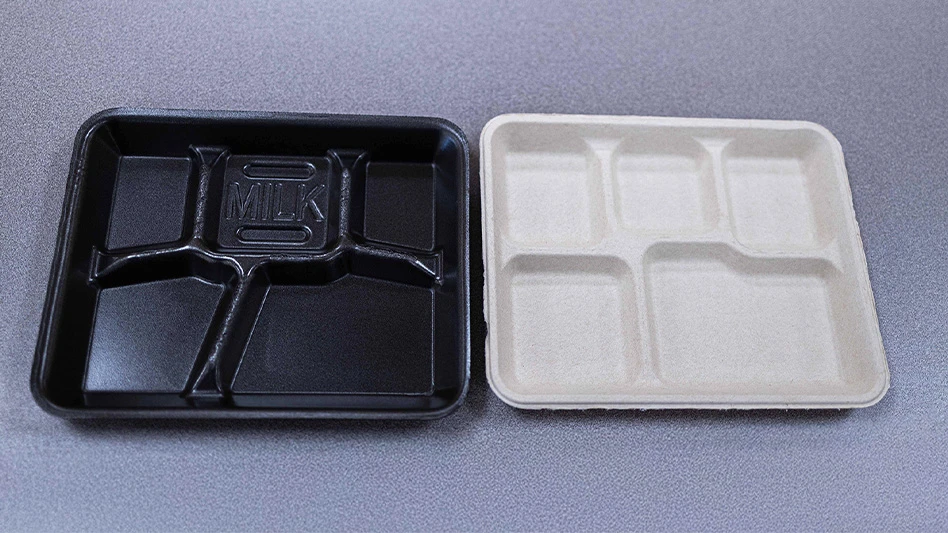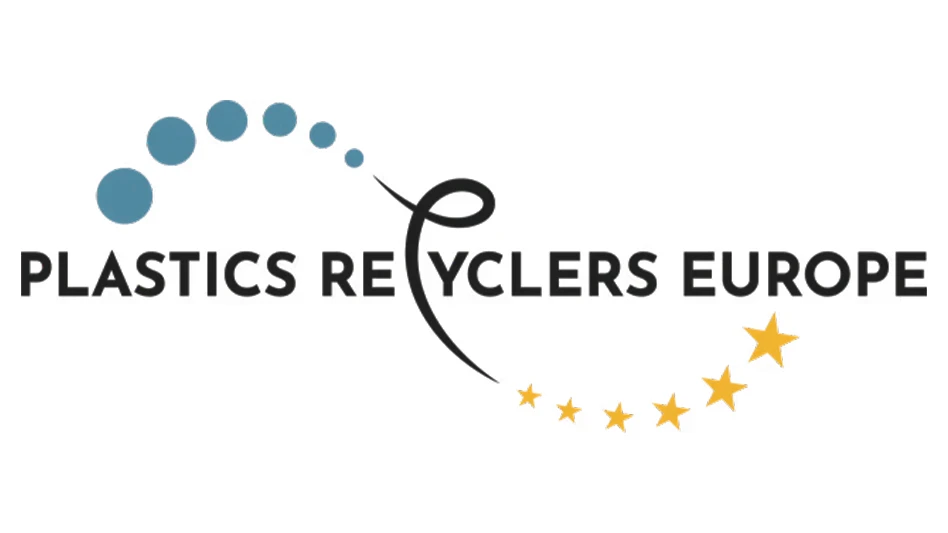
Recycling Today archives
Two contributors to the December Bureau of International Recycling (BIR) "World Mirror on Non-Ferrous Metals" report describe government activities in the Association of Southeast Asian Nations (ASEAN) region that are having an impact on nonferrous scrap imports there.
“Southeast Asia’s trade and logistics systems are under unprecedented strain as two of its key economies—Malaysia and Thailand—are grappling with significant operational disruption," Stella Ying Wang of Canada-based American Iron & Metal LP says. “Malaysia’s Port Klang, a critical trade hub, has been paralyzed by severe congestion resulting from intensified customs inspections linked to a crackdown on possible corruption.”
In Thailand, recycling and processing operations have been heavily disrupted by a government crackdown on noncompliant facilities, according to Wang.
Yoshida Yoko of Japan-based Metal Solution Provider points to the Malaysian disruption as a factor in Japan’s market.
“In the copper market, the tightening of restrictions by the Malaysian authorities has led to a reduction in the volumes imported from Japan," Yoko says.
Wang is uncertain what the duration of the increased scrutiny from either government will be.
“Together, these challenges pose serious questions about the region’s capacity to maintain stability in its trade and recycling management systems, leaving processors uncertain about their next steps,” she says.
“The crackdown underscores the need for systemic reforms in how recycled material is imported and processed [in the ASEAN region]. ... The government’s efforts to enforce stricter regulations and improve environmental standards have also exposed the country’s limited infrastructure for managing high volumes of imported recycled materials."
Contributor Rick Dobkin of Shapiro Metals, St. Louis, says scrap supply is a foremost concern in the U.S.
"The entry of new mills into the marketplace and slower manufacturing activity have tightened supply of recycled-content aluminum, and there does not seem to be any relief in sight," he says. “The leverage seems to have moved back into the [scrap] dealers’ court as proposed spreads are much improved over the course of 2024."
Europe-based contributors also point to current and prospective scrap supply woes.
“Many of the stakeholders [have] shared their concern about the overall availability of materials in both the short and medium term,” says Jurgen Van Gorp, who works from Belgium for Germany-based Aurubis AG. “In the aluminum market, volumes coming from production, shredders and demolition have been way below expectations, although pricing has remained fair so far."
Latest from Recycling Today
- In memoriam: Marcel Braud
- PCA sees improving box demand in latest earnings report
- S&P Global Energy Aluminum Symposium 2026: Debating scrap export policy
- Graphic Packaging CEO: ‘External environment remains challenged near term’
- Recycling Today Media Group, NWRA launch new Safety First webinar series
- Mueller retains profitability amid copper volatility
- Partnership will explore Great Lakes-river system connections
- Viably adds Maverick Equipment as dealer





